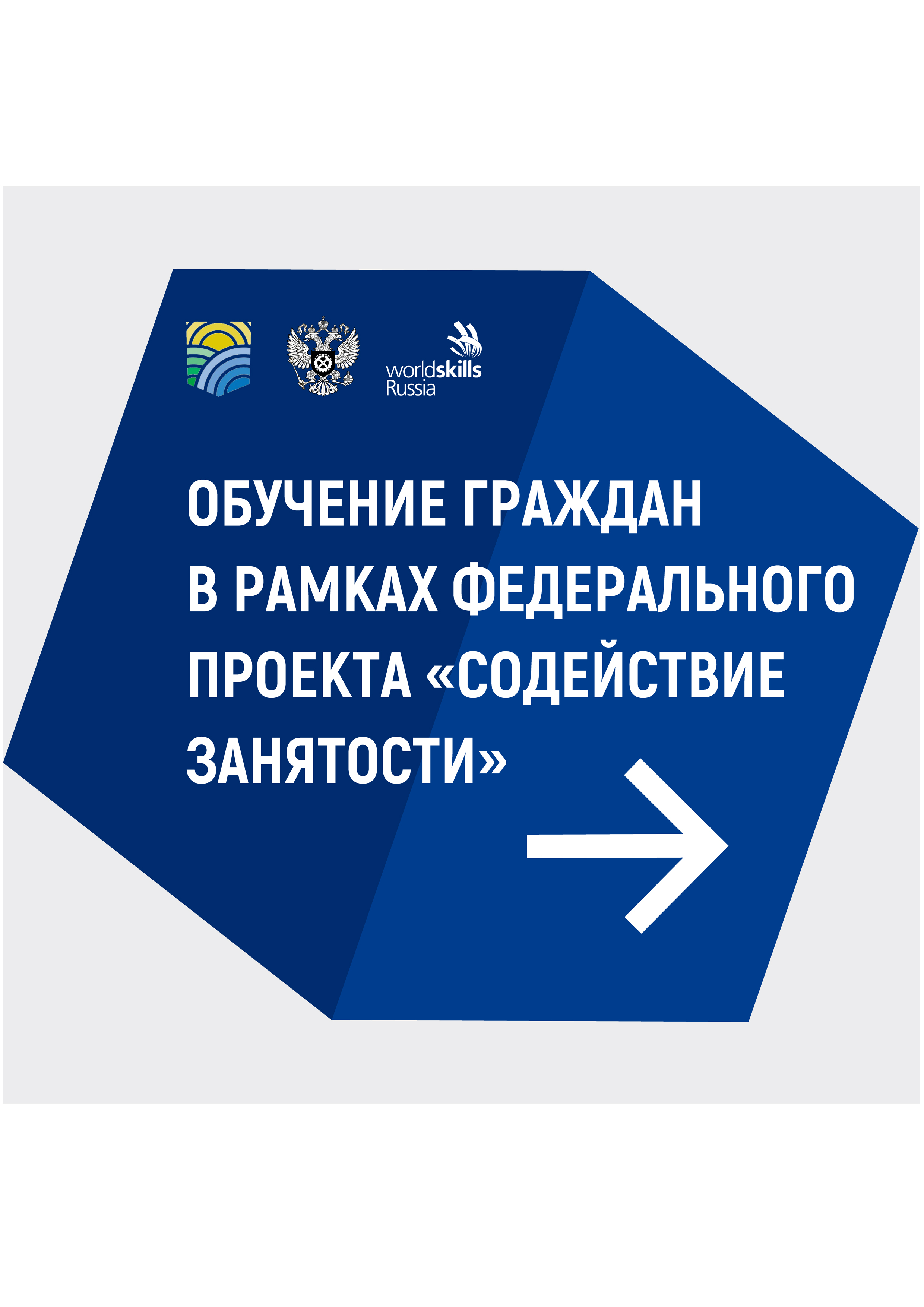How to File a personal injury law firms Injury Case
You may be able to hold those responsible for your injuries if they were negligent. This can be a complex process but with the right legal guidance and assistance, you can maximize your recovery.
The first step is to make a complaint describing the accident, your injuries, and the parties who were involved. It is a good idea to find a seasoned lawyer to assist you in this process.
The Complaint
A personal injury case begins with the plaintiff (the person filing the lawsuit), filing a legal document called a complaint. It contains the allegations the plaintiff believes are enough to make a claim against defendants. This could result in the plaintiff being entitled to money damages or an injunctive remedy.
It is a pleading which must be filed in a courtroom and served on the defendant. The complaint must contain facts that explain the cause of the accident which party is responsible, and what the damages are.
The information is usually found in medical reports as well as witness statements, documents, and other documentation. It is essential to take all the evidence that relates to your injuries so your lawyer can present your case to be successful in the lawsuit.
During this time the personal injury lawyer will be working to prove that the defendant is responsible for your damages by showing that their negligence was the reason of your injuries. These types of claims are known as «negligence allegations.»
Every negligence allegation in a personal injury lawsuit is backed by specific facts that prove that the defendant violated the law or another law that applies to your specific situation. Most legal allegations revolve around the defendant being owed obligations under the law. They then violate the law and cause injuries.
The defendant responds with an Answer to each of these negligent claims. This is a formal legal document that states that the defendant either acknowledges or denies the allegations. It also includes defenses that the defendant plans to employ in court.
Once the defendant has replied to the defense, the case is moved to the fact-finding stage of the legal procedure known as «discovery.» During discovery, both sides will share information and evidence.
Once all the documents have been exchanged, each party will be asked to submit an motion. These motions can be used to request changes in venue, dismissal of a judge or any other request from the court.
Once all motions have been filed, the lawsuit can then be scheduled for trial. Based on the information gathered during discovery and each party’s motions, the judge will decide how to proceed.
The Discovery Phase
The discovery phase is a crucial aspect of a personal injury case. It involves gathering evidence from both sides to create a solid case.
There are many ways to gather evidence. The most common are interrogatories as well as requests for production. They are all designed to give the foundation of the case prior to when it goes to trial.
A request for production is a formal document that asks the opposing party for copies of documents pertaining to the case. This could include things like medical documents, police reports, and lost wages reports.
Each party can send these requests to their lawyers and wait for them respond within a time frame. Your lawyer may then use these documents to build your case, or to prepare for negotiations or trial.
A motion to compel could be filed by your lawyer. This will require the opposing party to disclose the details you’ve requested. However, this can be difficult when the other party’s attorney claims that it’s an exclusive work product or fail to meet deadlines.
The discovery phase generally lasts six months to one year. If you are seeking a medical malpractice lawsuit or another type of complex injury case, it can take longer.
In a typical personal injury case your lawyer will begin collecting evidence from the opposing side within a couple of weeks after a complaint or summons are served on them. These requests could cover a wide range of subjects, but the most frequent are medical records, documents and witness statements.
After your lawyer has gathered an abundance of evidence, they’ll typically schedule a deposition. This is when your lawyer will question you about the accident under the oath. Your answers will be recorded by a court reporter and the results will be compared to other witnesses who were involved in the case.
The questions will be a yes/no and you’ll then be given the supporting documents. This is a complex procedure that requires patience and care. A well-experienced personal injury attorney can help you through this difficult process and help you get the justice you deserve.
The Trial Phase
Trial is the point in a personal injury lawsuit where both sides provide their evidence before an impartial judge. This is an important step, and your attorney has to be prepared.
The trial phase typically lasts about one year, however it can take much longer based on the extent of the case. This is why it’s so important to choose a seasoned trial lawyer who has handled cases to trial before and can provide you with an understanding of all the legal aspects of your case.
The lawyer for the defendant may offer settlement offers to you at this point. These settlement offers are often beneficial, especially if have suffered serious injuries and have significant medical expenses. However it is crucial to understand that these offers aren’t always in line with what you actually deserve. These offers should not not be taken without consulting your lawyer.
Your attorney will work with you to determine the information that is most important for you to your defense attorneys at this stage of your case. In the event that you fail to disclose this information, it could end up being detrimental to your case.
Your case will be reviewed by the attorney representing the defendant. They will then determine the information needed to prepare their defense. This includes witness statements, insurance information, photographs, and any other pertinent details.
Depositions are another important aspect of of your case. Your lawyer could ask you questions during deposition. These questions must be answered honestly and not in a defamatory or misleading manner.
You should also think about letting your lawyer know about what you share on social media. Even even if you believe it’s not private, you may be exposed to liability when the defendant discovers that you posted photos of your accident or other details.
If your case is set to go to trial the judge will select a jury. The jury will view your case and determine if the defendant was negligent. The jury will decide whether the defendant is accountable for your injuries and, if it is so the amount they should pay you.
The Final Verdict
The verdict of the case of personal injury is not the end of the road. According to the laws of every state across the nation the person who loses can appeal various aspects of a jury verdict to an upper court and request that the verdict of the jury be thrown out. Although it may appear to be something that is easy but it’s a lengthy and expensive.
Each side will present its evidence after a trial involving an injury. This may include photographs of the accident scene, testimony of witnesses, and evidence from experts. The most important aspect is the deliberation of the jury. This could take a few hours, days, or even weeks based on the nature of the case.
Additionally there are other aspects of the trial process. The judge will supervise the selection of a fair jury (a difficult task, in fact) as well as working on a special verdict form and jury instructions to help guide jurors through the maze of evidence and figures in the case.
Although the jury may not be capable of answering all questions at once however, they can make informed decisions regarding who should be held responsible for the plaintiff’s injuries and how much money should be paid for the damages, pain and other losses. While it is costly and time-consuming, it is an essential element of settling an equitable settlement. It is important that all parties in an injury claim hire the services of a seasoned trial lawyer to assist in this crucial step.























